Linguists help idenfity false claims and value judgments in defamation cases.
When someone challenges a possibly false statement or an insulting judgment, the court must ascertain the meaning of the original claims to determine whether they constitute defamation. Linguists can assist the courts in several ways.
Linguists can offer expert opinions that serve as evidence for or against the claimed interpretation. The disputed interpretations can be identified or contradicted by using formal logical models of language and native speaker intuition tests.
Linguists can determine whether the claims defame a person by studying the conventional meaning of expressions, the utterance context and conversational reactions.
Statements and judgments are often expressed obscurely to avoid reprisals. Sometimes their communicative intent is only revealed via context and connecting references to other texts and statements. In these cases determining the meaning of claims goes beyond citing the sentences of the disputed publication. Linguists have access to methods that analyze contextual references in a systematic manner that allows them to clarify the meaning of such obscure claims for the court. In fact, reference is one of the better studied fields in formal linguistics so that experts have a great deal of material to fall back on when unraveling references and connections between different texts.
Besides the analysis of literal meaning and context, linguists have studied the structure and rules of conversations. Sometimes the communicative intent is not revealed when only looking at an isolated text or expression, but instead one has to see what the speaker communicated via reactions to other public statements. After all, sometimes a well timed silence can speak more clearly than words. The formal analysis of conversational moves or reactions to other statements can help identify defamation in cases where the original statements are sparse or obscure.
In conclusion, linguists can assist courts in identifying defamation.

